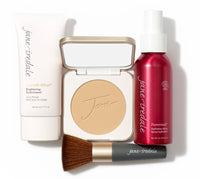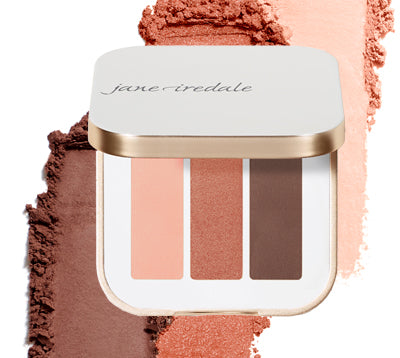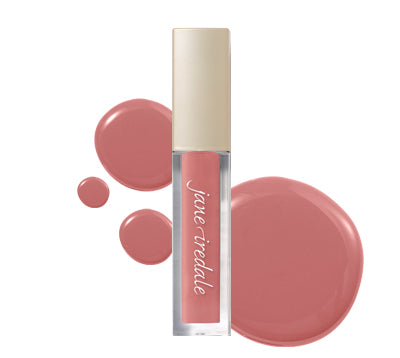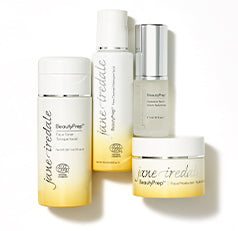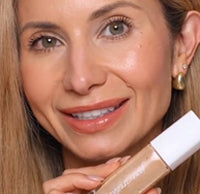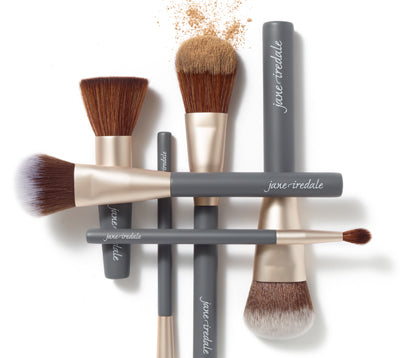
According to a number of studies, over 50% of adults categorize their skin as sensitive ¹, but the term "sensitive skin" means different things for everyone. In an article from the Expert Review of Dermatology, sensitive or reactive skin is defined as: "the occurrence of abnormal stinging, burning, pain,
Sun Protection
Almost every dermatologist will tell you the best thing you can do for your skin is to apply sunscreen. This is even more true for those with sensitive skin, which may react more to external triggers like sun and heat. Additionally, Titanium Dioxide, used in physical sunscreens, helps calm swelling and is listed in the FDA monograph as one of the purest and most effective active ingredients for sun protection.Shop Wisely
When shopping for new skin care and cosmetics, the back of the box is your best friend. You want to avoid ingredients that will make your skin react like artificial perfumes, dyes, harsh chemicals and parabens.Cleanse with Care
Regardless of your skin type, over-exfoliating and over-cleansing can cause skin irritation. You want to treat your skin with kindness as you would the rest of your body, so here are some cleansing tips to remember:- Wash your face and body with lukewarm water, as opposed to steaming hot, which can dry out your skin and create redness that is difficult to calm.
- Use gentle exfoliators and cleansers. Your face wash should be effective enough to remove makeup and dirt, without stripping the oils from your skin or forcing you to scrub hard.
- Exfoliate, at most, three days per week.
- When you're done washing your face, blot the skin dry (don't rub) and immediately apply moisturizer for maximum absorption.
Test It Out
When considering new skin care products, always do a patch test before diving in head first. This precautionary test should be done at least 24 hours prior to full application. If your skin is very reactive, you may want to patch test it for as long as a week. To do so, apply a small amount of product to an area around the size of a dime. The location of the test depends on what you are testing for; do it behind the ear to test for an allergic reaction or on your most sensitive area to test for irritation.Feed Your Skin
They say "you are what you eat" for a reason. Skin sensitivity is not only about what goes on your skin; it's also about what you put in your body. Depending on your sensitivity triggers, there are certain foods your doctor may recommend you avoid. But, overall, you should treat your food like you would your skin care. Try to stay away from overly processed foods with a lot of artificial ingredients. You can also help you skin stay hydrated by drinking water; if you feel thirsty, your skin feels the same way.


